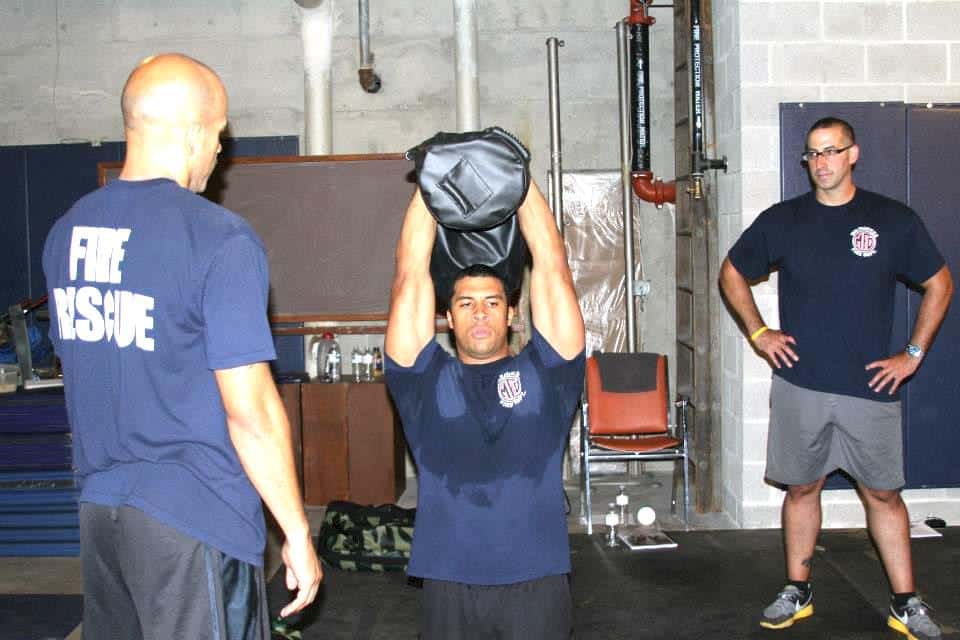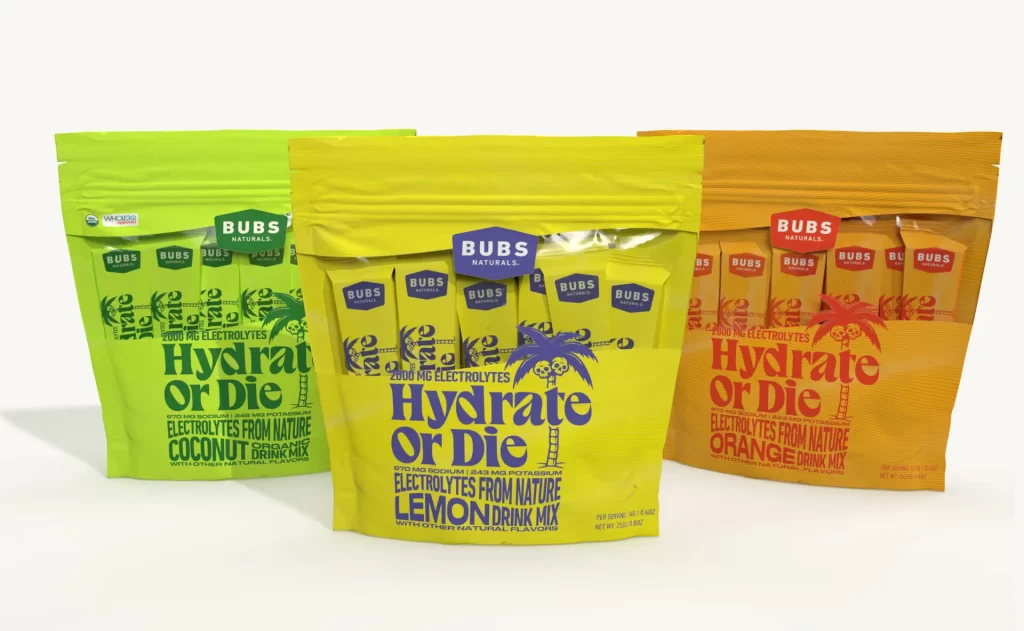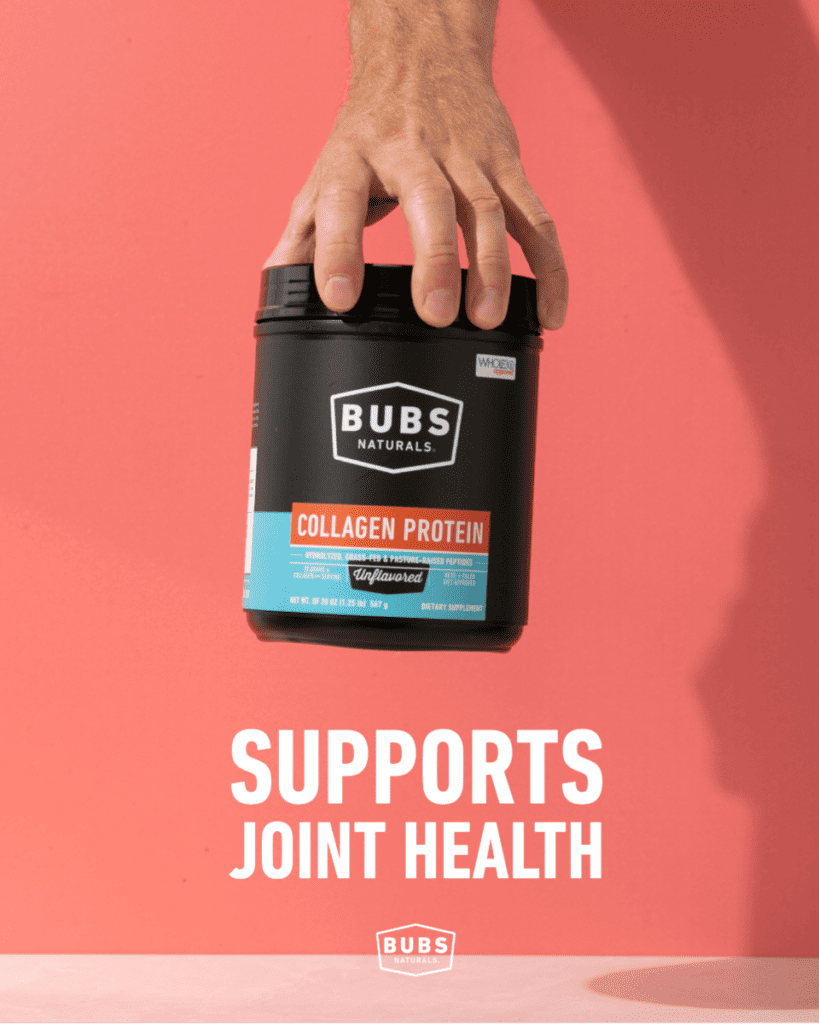
The Firefighter profession is a physically demanding job that requires peak health and fitness. Firefighters regularly face situations that test their strength, endurance, and resilience, making their diet, hydration, and supplementary intake crucial for maintaining their performance and safety.
The days of firefighters eating large plates of pasta then kicking back to smoke a cigarette are thankfully over. Healthy meals along with daily physical fitness training have become the staple in the fire house.
As a firefighter the most physically demanding part of my career was working at a structure fire. For Firefighter Health, a Guide to Nutrition and Hydration Fires will take the firefighter beyond any physical demands they have ever faced prior to their career. The importance of good physical health along with good hydration will make the difference on how you will perform.
This article, Firefighter Health, a Guide to Nutrition and Hydration, will help you to learn the importance of good nutrition along with proper hydration to help you stay health and fit throughout your career as a firefighter
This article delves into the significance of proper nutrition, supplements, and hydration for a firefighter’s health and safety. We will highlight the best practices that ensure optimal functioning under challenging circumstances.
Proper Nutrition: The Fuel for Firefighting
Firefighters are like athletes, they need to consume a balanced diet rich in carbohydrates, proteins, and fats to support their strenuous daily activities. The unique physical demands of firefighting also require a targeted approach to nutrition.
Carbohydrates
Carbohydrates are the body’s primary energy source during high-intensity activity, such as firefighting. Choosing complex carbohydrates like whole grains, fruits, vegetables, and legumes provides sustained energy, keeping firefighters alert and active for prolonged periods.
FEEL GREAT. DO GOOD. BUBS NATURALS
Use promo code FIRE73 to get 20% off your order!
BUBS Naturals is a tribute to former Navy SEAL Glen Doherty, call sign “BUB.” He was a national hero who laid down his life saving Americans in Benghazi Libya in 2012. Glen was a best friend to hundreds and the BUBS ethos centers around the passionate and adventure-seeking life that Glen lived.
The mission is simple: feel great, do good. We are a collective of people who believe in helping our community live a fuller and more meaningful life through sport, adventure, travel, and aging well. As Glen liked to say, “die young as late as possible.”
Proteins
Protein is vital for muscle repair and growth, making it a critical part of a firefighter’s diet. Quality sources include lean meats, fish, eggs, dairy, legumes, and nuts. It’s recommended to consume protein within 30 minutes after strenuous activity to aid in recovery.
Fats
Healthy fats, such as those found in avocados, nuts, seeds, and fatty fish, contribute to long-term energy storage, hormone production, and nutrient absorption. It’s important to focus on monounsaturated and polyunsaturated fats and limit intake of saturated and trans fats.
Supplements: The Extra Boost
While a balanced diet should provide most of the necessary nutrients, certain supplements can be beneficial for firefighters. They can bridge the nutrient gap, improve performance, and aid recovery. Always consult with a healthcare professional before starting a new supplement regimen.
Multivitamins
Multivitamins can provide essential vitamins and minerals that might be missing from the diet, ensuring overall wellness. They can help improve immune function, which is crucial in a job that exposes one to various harmful elements.
Omega-3 Fatty Acids
These healthy fats are vital for heart and brain health. They also possess anti-inflammatory properties, which can aid recovery after intense physical exertion.
Creatine
Creatine is a popular supplement among athletes and can be beneficial for firefighters as well. It helps increase strength, power, and muscular endurance, which are essential for firefighting tasks.
Firefighter Functional Fitness is the essential guide to optimal firefighter performance and longevity. It provides all firefighters with the knowledge, mindset, and tools to: -Maximize their fire ground performance -Reduce their risk of injury and experiencing a line-of-duty death -Live a long, healthy career and retirement Designed for firefighters by firefighters,
Hydration: The Lifeline
Proper hydration is paramount for firefighters. Dehydration can lead to fatigue, decreased coordination, and impaired decision-making, which can be fatal in firefighting situations. Firefighters should focus on both daily hydration and rehydrating after incidents.
Daily Hydration
Drinking at least 8-10 glasses of water per day is a general guideline, but firefighters may need more depending on their activity level and the climate in which they work. It’s also beneficial to incorporate fruits and vegetables high in water content.
Rehydration After Incidents
After responding to a fire, rehydrating is crucial. Water is vital, but it may also be necessary to replace electrolytes lost through sweating. An electrolyte drink or a snack like a banana can help restore these essential minerals.

Use promo code FIRE73 to get 20% off your order!
FEEL GREAT. DO GOOD. BUBS NATURALS
BUBS Naturals is a tribute to former Navy SEAL Glen Doherty, call sign “BUB.” He was a national hero who laid down his life saving Americans in Benghazi Libya in 2012. Glen was a best friend to hundreds and the BUBS ethos centers around the passionate and adventure-seeking life that Glen lived.
Hydration Supplements: Replenishing Essential Electrolytes
Maintaining optimal hydration is not just about the quantity of water firefighters consume, but also about the quality of that hydration. When firefighters are engaged in strenuous activities, they lose not only water but also essential electrolytes through sweat. These electrolytes, including sodium, potassium, calcium, and magnesium, play critical roles in the body’s function.
Sodium
Sodium is the primary electrolyte lost through sweat and is crucial for maintaining fluid balance in the body. It helps to regulate blood pressure and supports muscle and nerve function. The loss of sodium can lead to symptoms like muscle cramping, fatigue, and in severe cases, hyponatremia, a potentially life-threatening condition.
Potassium
Potassium works in conjunction with sodium to support cellular function, muscle contractions, and nerve transmissions. Low levels of potassium can lead to muscle weakness and irregular heart rhythms.
Calcium and Magnesium
These electrolytes are essential for muscle function, with calcium involved in muscle contractions and magnesium in muscle relaxation. They are also important for heart health and bone strength.
To effectively replenish these electrolytes, firefighters can turn to various hydration supplements. These can range from sports drinks to powders and tablets. Many of these supplements also include glucose or other forms of sugar to help with the quick absorption of electrolytes in the body.
However, it’s important to choose wisely, as some sports drinks can be high in sugar and may contribute to unwanted calorie intake. Options such as electrolyte tablets or powders that can be mixed with water are often lower in sugar while still providing the necessary electrolytes.
Some popular choices include:
- Electrolyte Tablets: These are effervescent tablets that dissolve in water and provide a balance of essential electrolytes, often without any added sugars.
- Isotonic Drinks: These beverages contain similar concentrations of salt and sugar as in the human body, making them effective at quickly replacing fluids and electrolytes lost through sweating.
- Electrolyte Powders: These are convenient, portable packets that can be mixed with water. They come in various flavors and often contain a balanced mix of essential electrolytes.
- Coconut Water: A natural source of hydration, coconut water contains a high level of potassium and other electrolytes, making it a good alternative to manufactured drinks, albeit with a higher sugar content.
Regular water consumption supplemented with electrolyte replacement solutions can help firefighters maintain hydration balance and continue to perform at their peak in demanding situations. It is, however, advisable to consult with a healthcare professional or a dietitian to determine the most appropriate hydration strategy based on individual needs and circumstances.
Conclusion
The role of a firefighter is both rewarding and challenging, with the physical demands requiring robust health and stamina.
To read more about the rewarding career of being a firefighter click this link, “The challenging and Rewarding Career of a firefighter”.
Proper nutrition, targeted supplements, and adequate hydration are crucial components of a firefighter’s health and safety protocol. By fueling their bodies with the right nutrients and staying hydrated, firefighters can ensure they’re at their best when duty calls, thereby protecting not only their own health but also the communities they serve. Balancing these elements effectively equips firefighters to face the rigors of their jobs and continue their brave, life-saving work.
To pursue a career as a firefighter, it is essential to meet specific education and training requirements. While a high school diploma or equivalent is the typical entry-level education, additional post secondary instruction and certifications are often necessary for aspiring firefightersThe Engine 2 Diet: The Texas Firefighter’s 28-Day Save-Your-Life Plan that Lowers Cholesterol and Burns Away the Pounds.
Professional athlete-turned-firefighter Rip Esselstyn is used to responding to emergencies. So, when he learned that some of his fellow Engine 2 firefighters in Austin, TX, were in dire physical condition he sprang into action and created a life-saving plan for the firehouse. By following Rip’s program, everyone lost weight (some more than 20 lbs.), lowered their cholesterol (Mr. 344’s dropped to 196), and improved their overall health.



